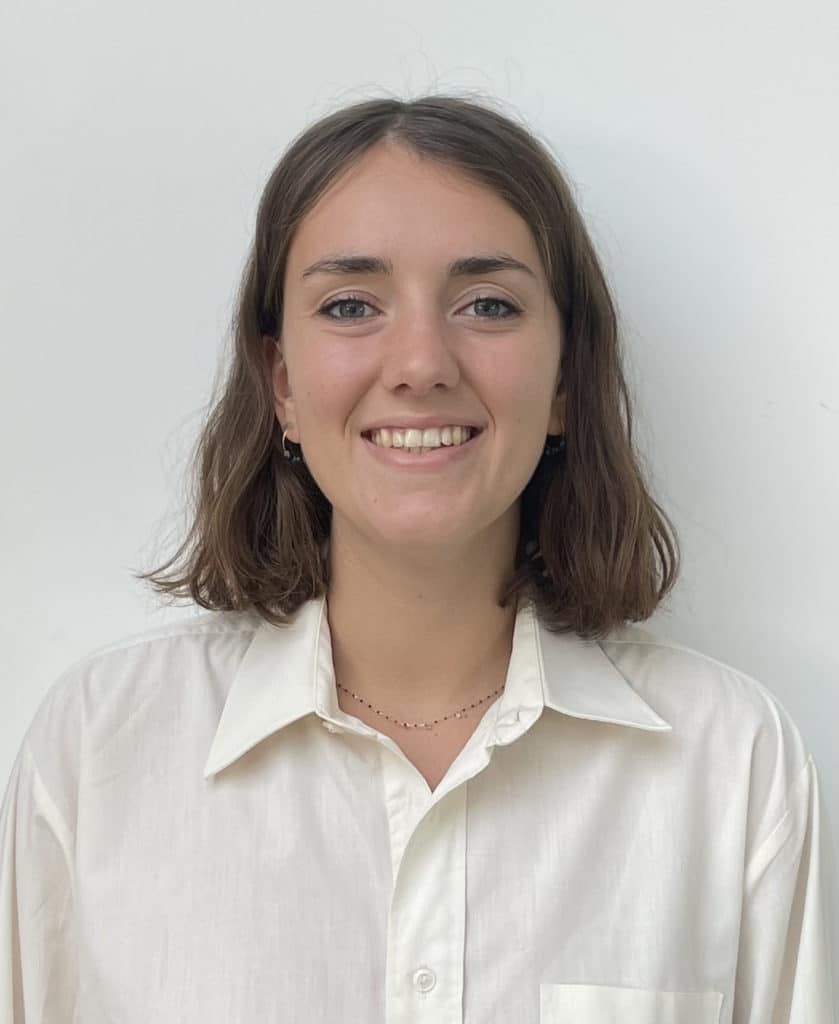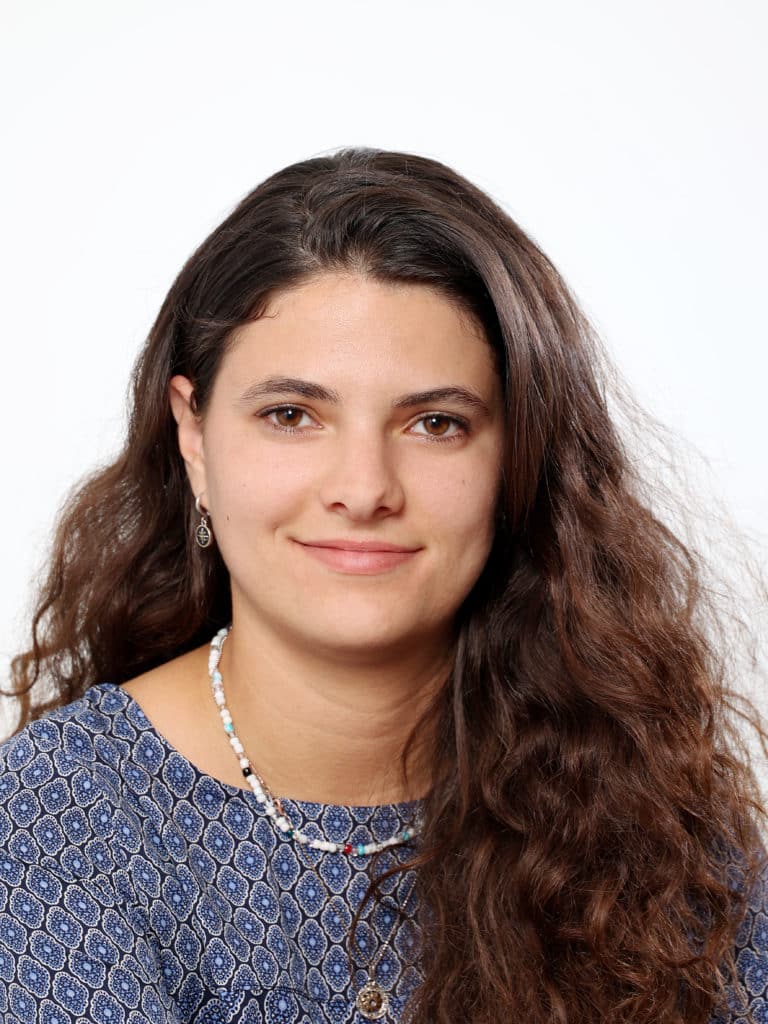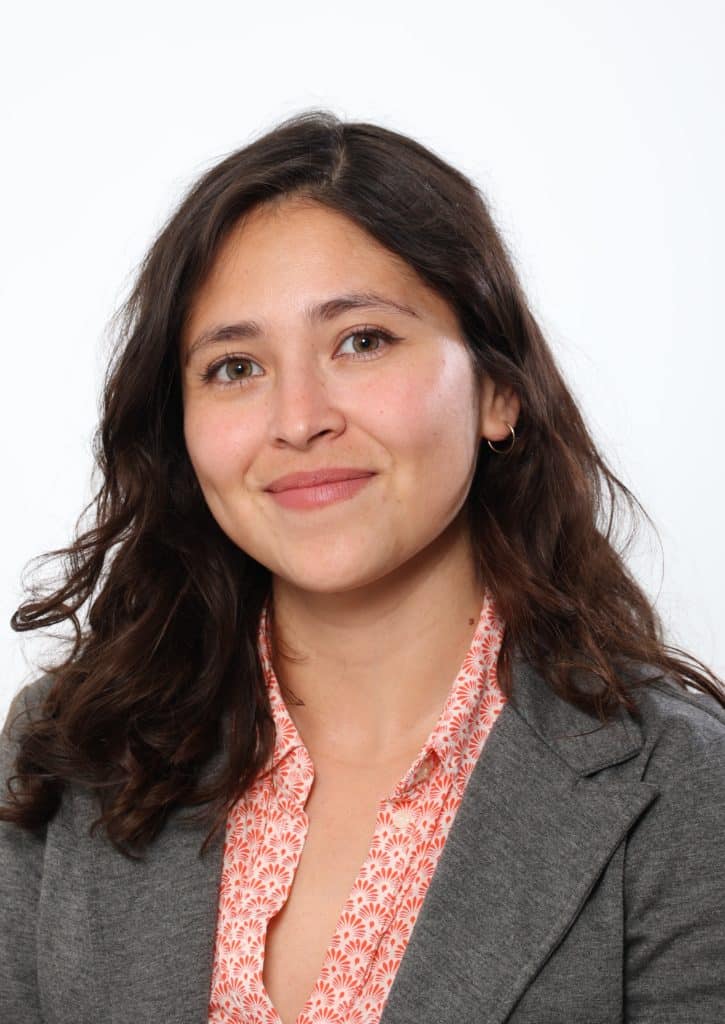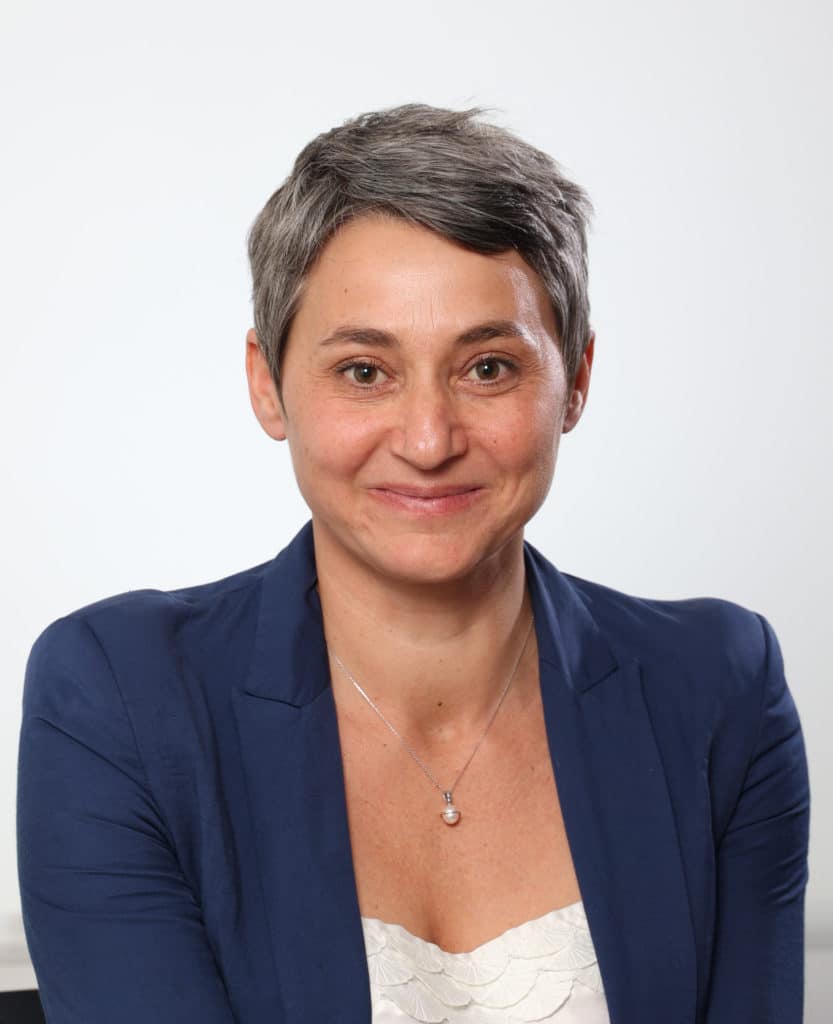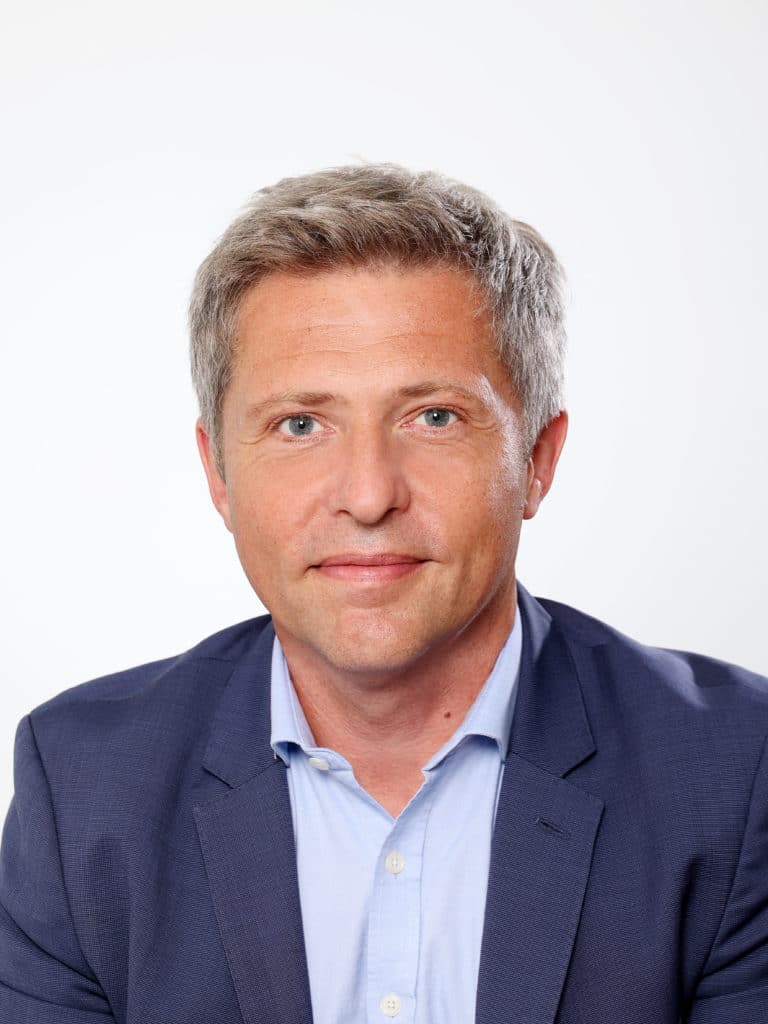MOOC
MOOC données et gouvernance urbaine
- Créativité
- Inclusion
- Résilience
- Sobriété
- Conduite du changement
- Suivi de performance / Labels, normes et certificats
- Communication (numérique)
- Éducation et formation
Depuis le milieu des années 2000, les données ont fait une entrée fracassante dans le champ urbain, transformant les manières dont les villes sont gouvernées à l’ère du numérique. Que ce soit au niveau des coalitions d’acteurs, des instruments, des politiques ou des modes de régulation, la donnée impacte la façon dont la vie urbaine se trouve ordonnée.
Le MOOC « Données et Gouvernance Urbaine » explore les transformations de la gouvernance urbaine à l’ère du numérique et des données. Qu’est-ce que la donnée fait à la gouvernance urbaine ? Qui gouverne dans une ville investie par le big data ? Les plateformes sont-elles ingouvernables ? Comment gouverne-t-on avec des algorithmes ? Quelle place revient aux citoyens dans cette ville numérique ? Peut-on encore être anonyme en ville ?
OBJECTIFS
Ce cours vous permettra de vous repérer parmi l’archipel d’acteurs et d’outils qui font le gouvernement urbain à l’ère du numérique et des données ; de décrypter les ressorts des transformations à l’œuvre dans l’organisation et les pratiques des administrations territoriales; d’analyser les évolutions contemporaines des marchés de service urbain ; et de comprendre les enjeux qui affectent la fabrique et la mise en œuvre des politiques urbaines lorsque la donnée arrive en ville.
Cette formation se déroule sur 4 séances. Une « attestation de suivi » est proposée comme évaluation.
Ce MOOC est proposé par la Chaire Villes et Numérique de l'École urbaine de Sciences Po, soutenue par La Poste, RTE et la Caisse des Dépôts.
Un MOOC disponible gratuitement sur la plateforme Coursera. S’inscrire au MOOC
Médias


